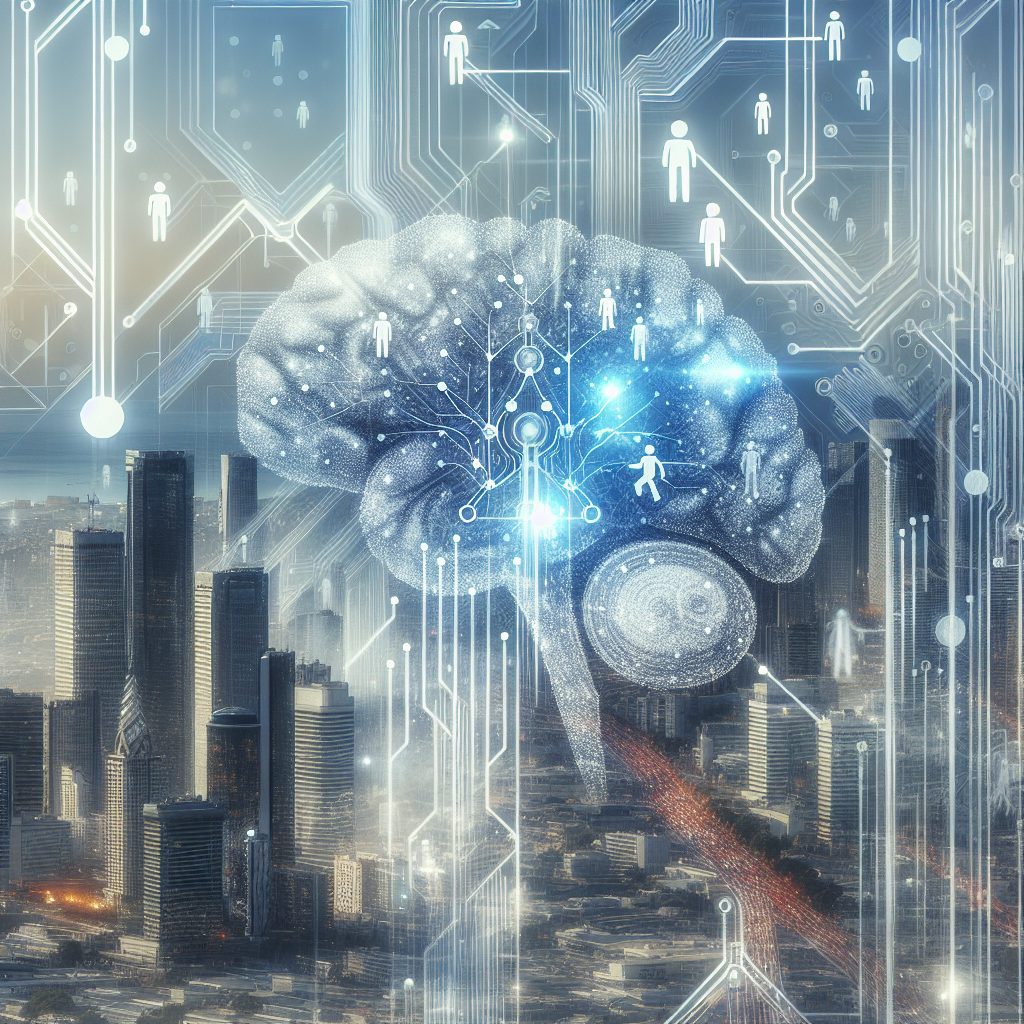With the rapid advancements in artificial intelligence (AI) technology, there is increasing speculation about the potential impact of artificial general intelligence (AGI) on jobs and the economy. AGI refers to a hypothetical AI system that can perform any intellectual task that a human can do. While the development of AGI is still in its early stages, experts are already debating the potential consequences of such a technology on the workforce and the economy.
The Impact of AGI on Jobs
One of the main concerns about the development of AGI is the potential impact on jobs. As AGI systems become more advanced, there is a fear that they could replace human workers in a wide range of industries. For example, AGI could potentially automate tasks in fields such as customer service, data analysis, and even creative professions like writing and design.
While automation has been a concern for years, AGI poses a unique challenge because of its ability to perform a wide range of tasks with human-like intelligence. This could lead to widespread job displacement and potentially high levels of unemployment in certain sectors.
On the other hand, some experts argue that AGI could actually create new job opportunities. For example, as AGI systems become more prevalent, there will be a growing need for workers who can design, program, and maintain these systems. Additionally, AGI could open up new possibilities for innovation and entrepreneurship, leading to the creation of new industries and job roles.
The Impact of AGI on the Economy
In addition to its impact on jobs, AGI could also have far-reaching consequences for the economy as a whole. One of the key concerns is the potential for widening income inequality. If AGI leads to significant job displacement in certain industries, it could exacerbate existing inequalities by leaving some workers without employment opportunities.
Furthermore, the rise of AGI could also have implications for economic growth and productivity. On one hand, AGI has the potential to streamline processes and increase efficiency, leading to higher levels of productivity. This could result in economic growth and improved living standards for society as a whole.
On the other hand, the widespread adoption of AGI could also lead to disruptions in certain industries, potentially causing economic upheaval and uncertainty. For example, if AGI systems are able to outperform human workers in certain tasks, this could lead to the decline of certain industries and the need for workers to retrain or transition to new roles.
FAQs about the Impact of AGI on Jobs and the Economy
Q: Will AGI replace all human workers?
A: While AGI has the potential to automate many tasks currently performed by humans, it is unlikely that it will completely replace all human workers. There will always be a need for human creativity, emotional intelligence, and critical thinking skills that cannot be replicated by machines.
Q: How can workers prepare for the rise of AGI?
A: Workers can prepare for the rise of AGI by developing skills that are less likely to be automated, such as creativity, problem-solving, and emotional intelligence. Additionally, workers should be open to lifelong learning and be prepared to adapt to new technologies and job roles.
Q: What role can policymakers play in mitigating the impact of AGI on jobs and the economy?
A: Policymakers can play a key role in mitigating the impact of AGI by implementing policies that support workers who are displaced by automation, such as job training programs and social safety nets. Additionally, policymakers can work to ensure that the benefits of AGI are shared equitably among all members of society.
In conclusion, the development of AGI has the potential to have a significant impact on jobs and the economy. While there are concerns about job displacement and widening income inequality, there are also opportunities for new job creation and economic growth. As we move towards a future where AGI becomes more prevalent, it will be important for policymakers, businesses, and workers to navigate these challenges and opportunities in a way that benefits society as a whole.

